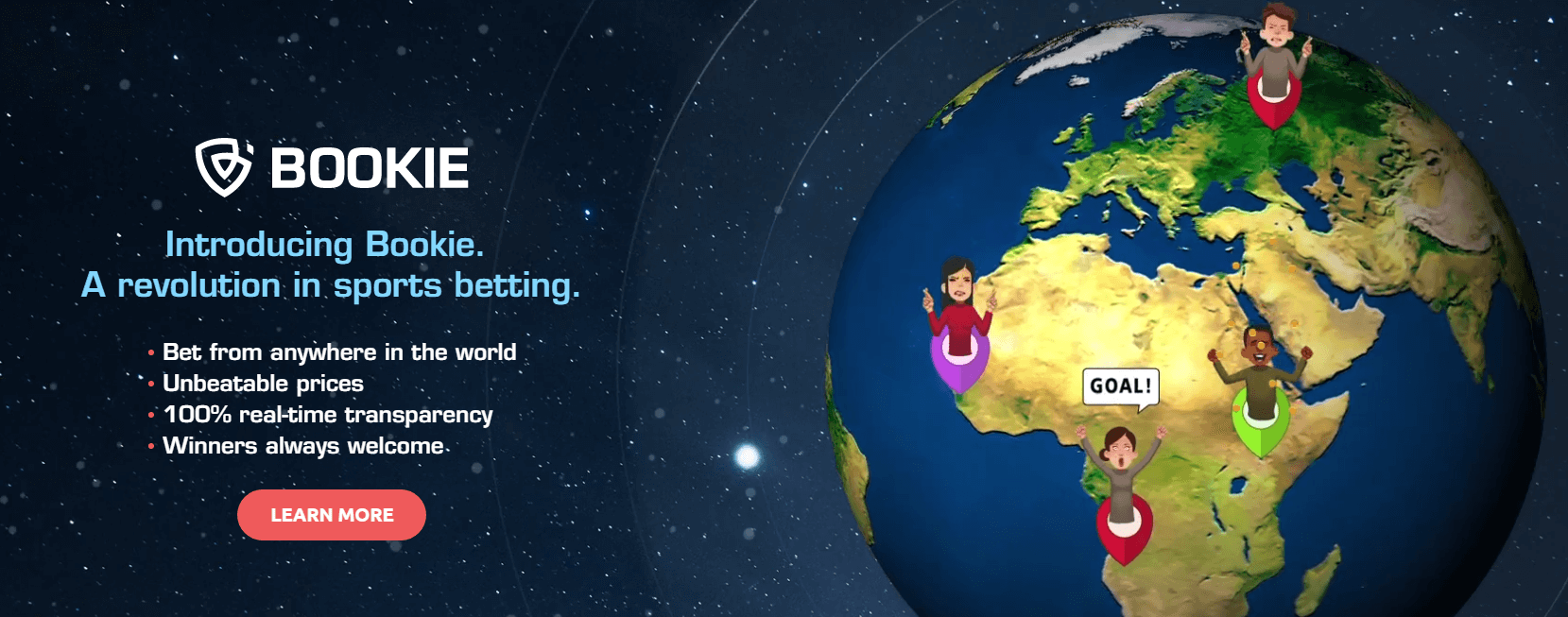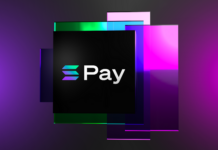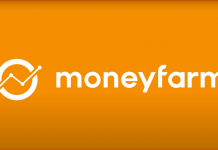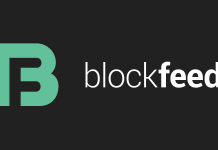Peerplays is a decentralised gaming platform. Holders of PPY tokens will be entitled to a share of the fees paid by the gamblers. In this interview Daniel Maloney of the Peerplays Blockchain Standards Association explains what is PeerPlays.
What is Peerplays?
Peerplays is a 3rd generation blockchain designed for handling high volume peer-to-peer gambling.
Who is the team behind Peerplays?
Peerplays has a community of thousands of people that support the project in a multitude of ways including, but not limited to, holding the core token “PPY”, network support, software testing, community support, and more.
The Peerplays Blockchain Standards Association (PBSA) is a Canadian non-profit organization established to research and develop provably-fair, open-source software code for use by the Peerplays platform.
When will trading of the Peerplays token start on which exchanges?
Peerplays will launch this May 30th and PPY will be trading on several platforms. Platform integration is ongoing and more details will be available soon.
When will the ICO end?
15:00 UTC, May 14 2017.
Why will players choose Peerplays rather than other online casinos?
The Peerplays blockchain, like any other decentralized blockchain, is accessible from anywhere in the world. The Peerplays network will have significantly less overhead than a centralized online casino, and therefore the network fees are also significantly less.
Who can create games for Peerplays?
Peerplays has an API to help game designers integrate their games with Peerplays.
What will be the incentive for developers to create these games?
After integrating with Peerplays, developers can monetize their existing games by offering their users the ability to wager on them.
Is there a budget for Marketing, Branding and Promotion of the games?
As a non-profit organization, the PBSA has set aside a budget to provide outreach and educational resources to support provably-fair gaming applications on Peerplays. Please see the Peerplays Bulletin for the budget projections.
Who will host the games and maintain the servers?
The Peerplays blockchain will contain several built-in games that operate independently from any individual server. Independent game operators who choose to integrate with Peerplays must operate their own servers.
What about security and fraud detection how will these be managed?
The blockchain is cryptographically secured and completely auditable to ensure and prove fairness.
In what currency will dividends be paid?
The Peerplays blockchain charges end-user fees in the denomination of the digital currency used to wager, and then pro-rates and distributes those fees to PPY holders daily. For example, if BTC, ETH, and Dash were used to wager on Peerplays, then the fees charged in BTC, ETH, and Dash would be deposited in the PPY holders’ digital wallets.
Where will the investors get the dividends?
The Peerplays core digital wallet, which will be released on May 30th as a desktop application for Mac and Windows, is where all PPY token management and payments take place.
What will investors need to do to claim the profits?
Hold PPY tokens. The funds are automatically transferred by the blockchain directly into their digital wallet every single day.
Are all PPY tokens the same, will there be any difference between those distributed in the different rounds or tiers?
All PPY tokens are “fungible”. Please see the Peerplays Bulletin for details on the distribution.
What organic inflation do you expect for the PPY coin?
We would very roughly estimate that even if the Peerplays blockchain earned no revenue, inflation would be c. 0.1% per year, but given that we would expect to see the Peeerplays bringing in substantial revenues, then there could be net deflation.
What percentage of the fees will be classified as distributable?
What happens to the percentage which is not distributable, is it used for operations?
All network fees will be distributed to PPY token holders. Network node operators are paid with new PPY issued as block signing rewards.
What is the role of the foundation and is there any connection between the foundation and the voters?
The PBSA also does not have any direct control over forking any software code into the network, as this is managed by the network node operators chosen through voting consensus of PPY token holders.
PBSA, a non-profit organisation, does not hold any PPY and therefore does not have voting power within Peerplays. PBSA also does not operate any network nodes.
How is Peerplays different from other crypto gambling projects such as vSlice?
On Peerplays there is no “house”, and thus wagering and gambling occurs strictly peer-to-peer.

How is Peerplays preparing itself for the regulatory challenges?
The PBSA does not give legal advice, and the PBSA does not own, manage or control the Peerplays blockchain. End users must take responsibility to research and follow their own local jurisdictional laws.
Will Peerplays itself need to pay tax somewhere?
The PBSA does not give tax advice. End users must take responsibility to research and follow their own local jurisdictional laws.
Personally, what is the most exciting thing for you about this project?
Peerplays has a growing community of thousands of supporters. As a self-governing Decentralized Autonomous Cooperative, Peerplays has the ability to adapt and grow while maintaining consensus in a rapidly evolving industry.
More Information:
- ICO: https://www.peerplays.com/crowdfund/
- Website: https://www.peerplays.com/
- Twitter: https://twitter.com/peerplays
- Reddit: https://www.reddit.com/r/Peerplays/
- Bookie Exchange: http://bookie.exchange/
- Bitcointalk: https://bitcointalk.org/index.php?topic=1462351.0
We thank Daniel Maloney for the interview.












